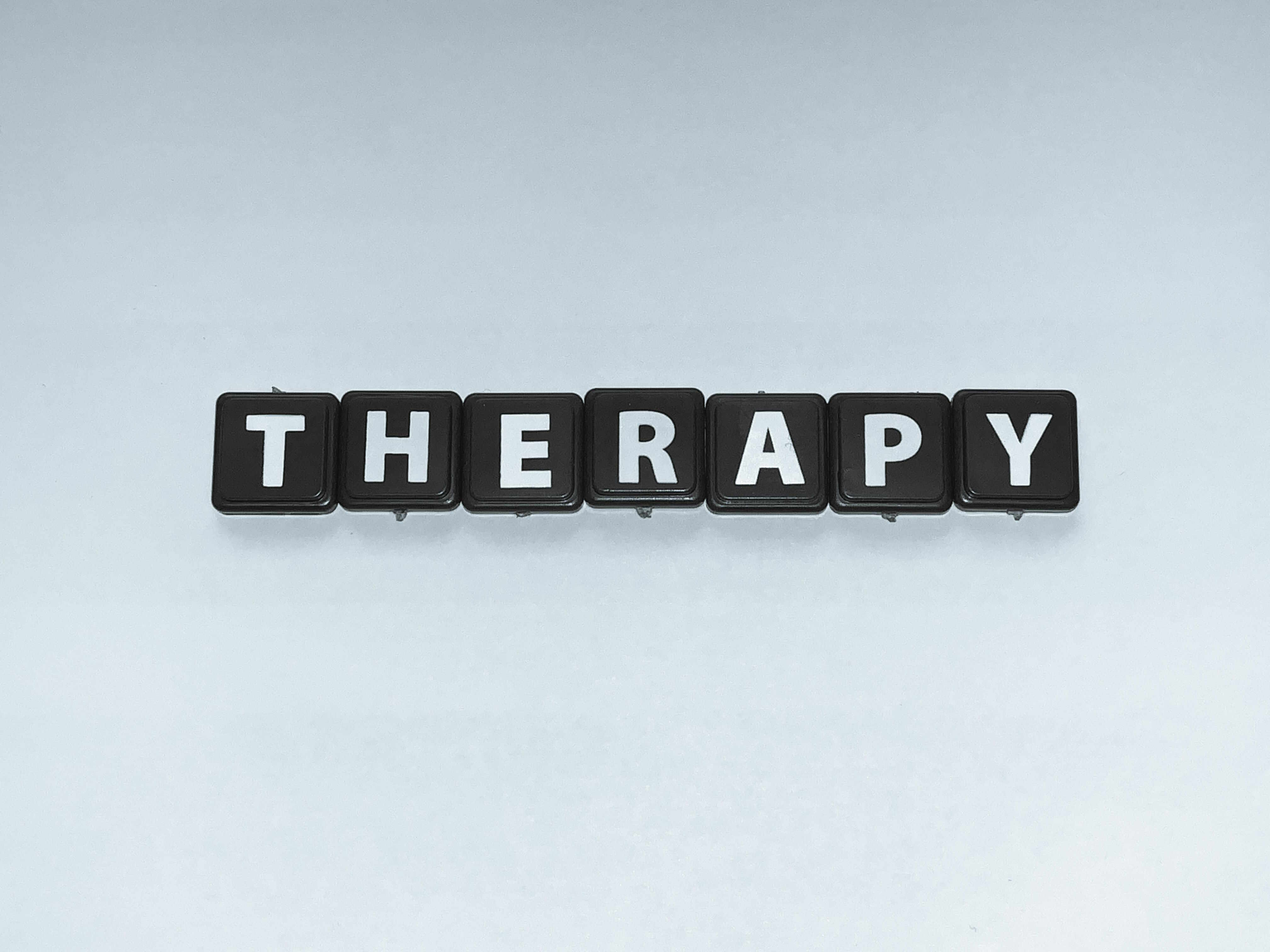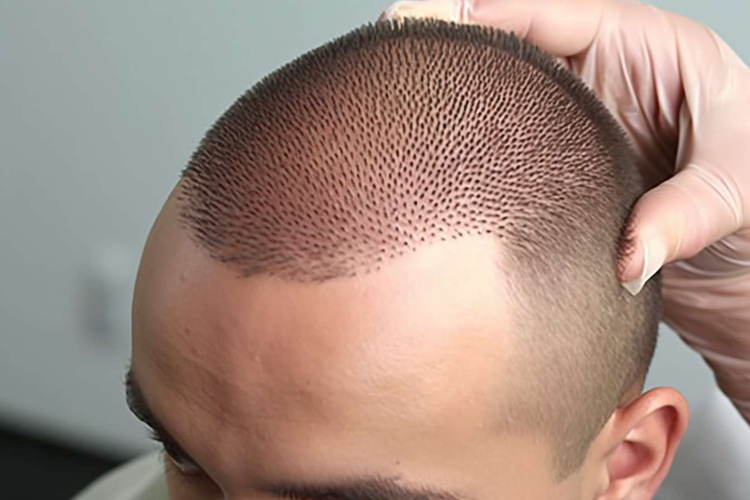Early Signs Of Paranoia - Many May Wish They Identified Sooner
Recognizing the early signs of paranoia can be crucial for timely intervention and effective treatment. While occasional suspicion or mistrust is normal, persistent and irrational beliefs that others are out to harm you may indicate a more serious condition. This article explores the early signs of paranoia, its connection to schizophrenia, and available treatment options, helping individuals and their loved ones identify potential issues sooner.

What are the common signs of paranoia?
Paranoia manifests through various symptoms that can significantly impact a person’s daily life and relationships. Common signs include:
-
Persistent suspicion or mistrust of others
-
Believing others are conspiring against you
-
Difficulty trusting friends, family, or colleagues
-
Interpreting neutral events as personal attacks
-
Feeling constantly watched or monitored
-
Holding grudges and finding it hard to forgive
These symptoms can range from mild to severe, and their intensity may fluctuate over time. It’s important to note that experiencing one or two of these signs occasionally doesn’t necessarily indicate paranoia, but persistent and pervasive symptoms warrant attention.
How does paranoia relate to schizophrenia?
Paranoia is a common symptom of paranoid schizophrenia, a subtype of schizophrenia characterized by prominent delusions and hallucinations. In this context, paranoid thoughts are often more severe and can significantly impair a person’s ability to function in daily life. The relationship between paranoia and schizophrenia includes:
-
Delusions of persecution or grandeur
-
Auditory hallucinations, often in the form of threatening voices
-
Social withdrawal and isolation
-
Difficulty maintaining relationships due to mistrust
-
Impaired ability to distinguish between reality and delusions
While paranoia is a key feature of paranoid schizophrenia, it’s important to remember that not all individuals experiencing paranoia have schizophrenia. Paranoid thoughts can also occur in other mental health conditions or as isolated symptoms.
What are the early signs of paranoid schizophrenia?
Identifying the early signs of paranoid schizophrenia can be challenging, as symptoms may develop gradually. However, some potential early indicators include:
-
Increased social isolation or withdrawal
-
Decline in personal hygiene and self-care
-
Unusual or irrational beliefs that persist despite evidence to the contrary
-
Heightened sensitivity to criticism or perceived slights
-
Difficulty concentrating or completing tasks
-
Changes in sleep patterns or appetite
-
Increased irritability or hostility towards others
These early signs may be subtle and easily overlooked, which is why many people wish they had identified them sooner. It’s crucial to seek professional help if you or someone you know experiences a combination of these symptoms, especially if they persist over time.
How is paranoia diagnosed and assessed?
Diagnosing paranoia involves a comprehensive evaluation by mental health professionals. The process typically includes:
-
Clinical interviews to assess symptoms and personal history
-
Psychological evaluations and standardized tests
-
Physical examinations to rule out medical conditions
-
Review of family history and genetic factors
-
Observation of behavior and thought patterns
-
Assessment of functional impairment in daily life
Mental health professionals use diagnostic criteria outlined in the Diagnostic and Statistical Manual of Mental Disorders (DSM-5) to determine if an individual’s symptoms meet the threshold for a specific disorder, such as paranoid personality disorder or paranoid schizophrenia.
What treatment options are available for paranoid schizophrenia?
Treatment for paranoid schizophrenia typically involves a combination of approaches tailored to the individual’s needs. Common treatment options include:
-
Antipsychotic medications to manage delusions and hallucinations
-
Psychotherapy, such as cognitive-behavioral therapy (CBT)
-
Family therapy to improve support and communication
-
Social skills training to enhance interpersonal relationships
-
Vocational rehabilitation to support employment and independence
-
Case management to coordinate care and access resources
In the United States, community mental health centers often provide comprehensive treatment programs for individuals with schizophrenia. These programs may offer a range of services, including medication management, therapy, and support groups, to help individuals manage their symptoms and improve their quality of life.
How can early intervention improve outcomes for those with paranoia?
Early intervention in cases of paranoia, especially when related to schizophrenia, can significantly improve long-term outcomes. Benefits of early intervention include:
-
Reduced severity of symptoms
-
Improved response to treatment
-
Lower risk of hospitalization
-
Better social and occupational functioning
-
Enhanced quality of life for individuals and their families
-
Decreased likelihood of substance abuse as a coping mechanism
Research has shown that the duration of untreated psychosis is a critical factor in determining long-term outcomes. By identifying and addressing paranoid symptoms early, individuals have a better chance of managing their condition effectively and maintaining a higher level of functioning in their personal and professional lives.
In conclusion, recognizing the early signs of paranoia is crucial for timely intervention and effective treatment. Whether paranoia is a standalone symptom or part of a more complex condition like paranoid schizophrenia, seeking professional help at the first indication of persistent, irrational suspicions or beliefs is essential. With proper diagnosis and treatment, many individuals can manage their symptoms and lead fulfilling lives. If you or someone you know is experiencing signs of paranoia, don’t hesitate to reach out to a mental health professional for guidance and support.
This article is for informational purposes only and should not be considered medical advice. Please consult a qualified healthcare professional for personalized guidance and treatment.




